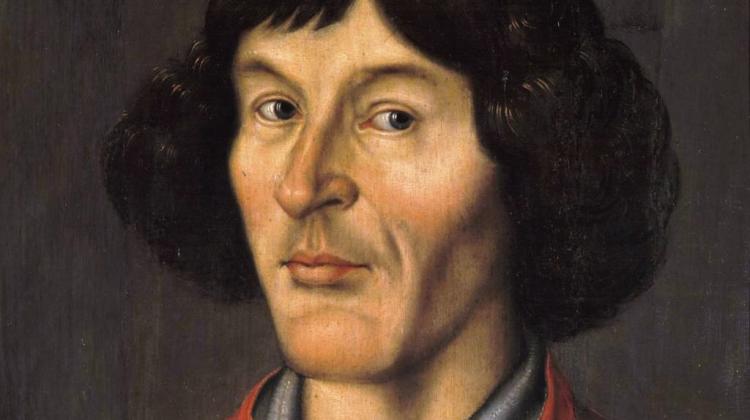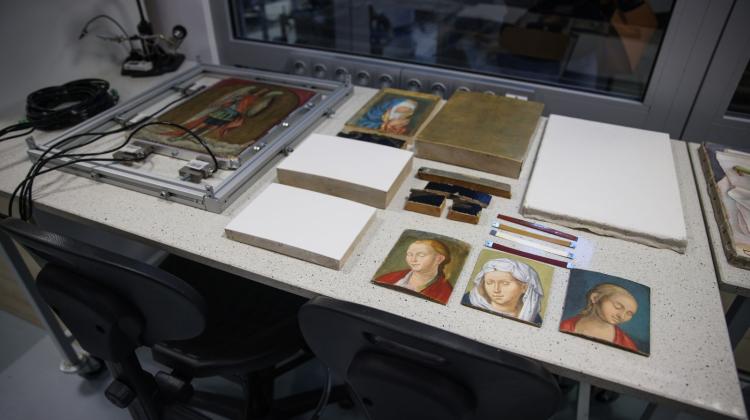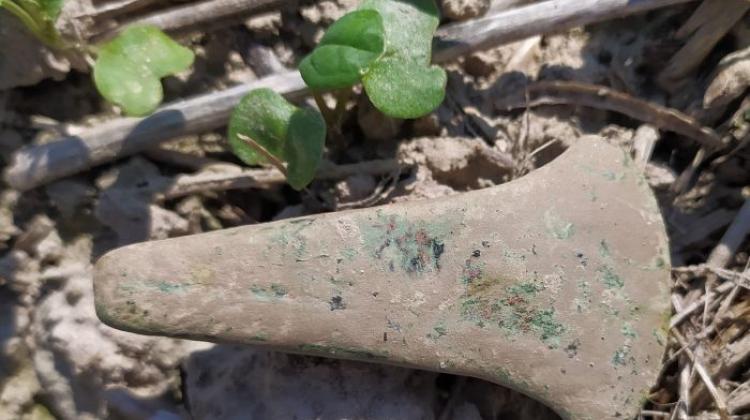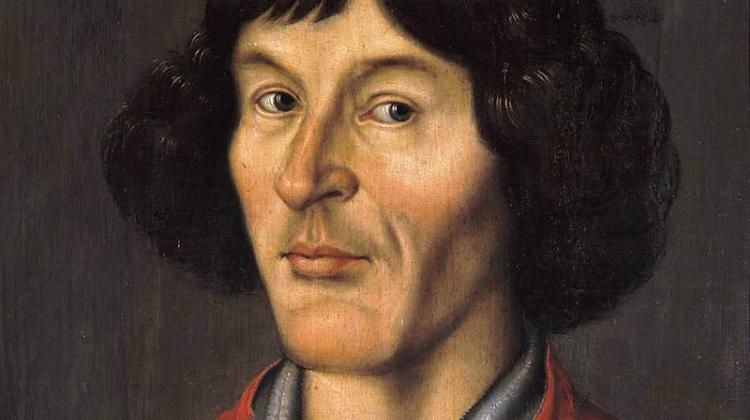Nicolaus Copernicus clearly identified himself as Polish, says expert
 Credit: Wikipedia
Credit: Wikipedia
According to Professor Krzysztof Mikulski, Nicolaus Copernicus unequivocally identified himself as a Pole, despite the fact that his mother was from a family that came to Toruń from Germany, and his father's family had its roots in Nysa.
Talking to PAP, the professor drew attention to the specificity of the times when nationality was not determined on the basis of language or ethnicity, but instead was a political choice of each of the subjects - and there is no doubt about his choice.
Mikulski said: ‘Nicolaus Copernicus declared his nationality in a very decisive and clear way on several occasions. The most beautiful declaration is contained in his letter to the Polish king Sigismund, where he wrote that he would defend Olsztyn against the Teutonic Knights even at the risk of his own life, because he was a faithful subject of the Polish king. The origin of his mother's family is another story. The family of Copernicus' mother, Barbara Watzenrode, came from Westphalia, so her ethnicity was German. Around 1458, she was married to Nicolaus Copernicus senior, who came directly from Kraków. From this union, the famous astronomer was born.’
Although the astronomer's father came to Toruń from Kraków, according to the preserved documents, his family can be traced to Silesia. Initially, it was reported that Copernicus' ancestors came from the village of Koperniki near Nysa. However, according to Mikulski who studied historical documents, including those preserved in the archives in Opole, there are many indications that the ancestral place of the Copernicus was Nysa.
He said: ’Copernicus is a professional surname, related to the Latin and German name of copper. Copernicus means a person who processes copper. What's more, the astronomer's father also traded in copper.’
He added that the Koppersmed name - wealthy merchants of Nysa, recorded in the documents - is identical to the family of Nicolaus Copernicus.
Referring to the German spelling of Copernicus' surname, Mikulski said: 'The German or Polish form of the surname was used depending on the language of the document. The letters of the office in Nysa were written in German, similarly in Toruń, so the record was written in that language. This also applied to other names. In this way, a merchant from Lublin named Dobreslowo became Guttwort in German books, although neither he nor his family had any connections with Germany.
'Earlier knowledge about Nicolaus Copernicus' siblings was based on a source where the children were listed in alphabetical order, without their dates of birth. So we have Andrzej, Barbara, Katarzyna and Mikołaj. But in sources where only brothers were mentioned, Nicolaus was always mentioned first. In 1489, when Nicolaus Copernicus turned 16 and should have gone to college, his maternal uncle and patron Lukas Watzenrode, was named an enemy of the Polish king Casimir IV Jagiellon, because he took the seat of the Bishop of Warmia against the will of the king. Sending his nephew to study in Kraków at such a time could have ended tragically for his nephew. The situation changed in 1491, when the king was in Lithuania and finally recognized Lukas Watzenrode as a bishop. The next Polish king, Jan Olbracht, included Bishop Lukas Watzenrode in the group of his advisers. In addition, around 1490, their sister married a merchant from Kraków, the family business was taken over by Nicolaus and Andrzej's brother-in-law, and they could devote themselves to the careers that Lukas Watzenrode had planned for them.’
With their uncle's support, the Copernicus brothers were able to start their studies. Lukas Watzenrode was very wealthy, but before sending his nephews to study, he placed them in the chapter so that they could support themselves during their stay in Italy.
Professor Mikulski continued: ’We know that the brothers led a lavish lifestyle and had to borrow money. Studies also took a toll on Andrzej's health, who fell there with a disease similar to leprosy. Perhaps it was syphilis brought from America and it is possible that ailments related to this disease prevented him from making a career like his older brother.’
During his studies in Bologna, it was clear that Nicolaus Copernicus was interested in astronomy. Studies absorbed him to such an extent that he did not accept higher priestly orders, he even refused his uncle, who wanted to put Copernicus on the episcopal throne. (PAP)
PAP - Science in Poland, Marek Szczepanik
masz/ mir/ kap/
tr. RL
Przed dodaniem komentarza prosimy o zapoznanie z Regulaminem forum serwisu Nauka w Polsce.

















